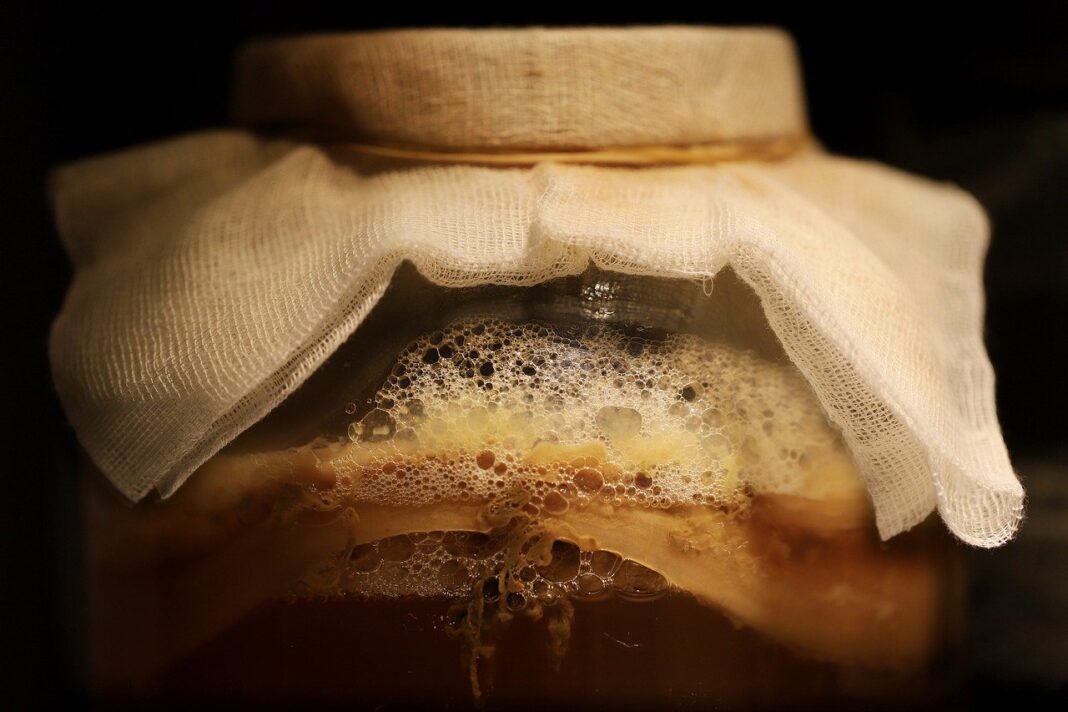
Ramadan is a month of fasting, prayer, and reflection for Muslims around the world. It is a time when the Quran was revealed, and Muslims strive to increase their worship and good deeds. The Quran, the holy book of Islam, mentions various foods that are not only nutritious but also have spiritual significance. In this article, we will explore 10 foods mentioned in the Holy Quran that you must try during Ramadan to gain a deeper appreciation of their significance.
- Dates (Tamar):
- Dates are mentioned numerous times in the Quran and are recommended for breaking the fast.
- The Prophet Muhammad (peace be upon him) said, “If anyone of you is fasting, let him break his fast with dates.” (Abu Dawood)
- Olives (Zaytun):
- Olives are praised in the Quran for their health benefits and are mentioned as a symbol of goodness and purity.
- Allah describes the olive tree as a blessed tree in Surah Al-Mu’minun (23:20).
- Pomegranates (Rumman):
- Pomegranates are mentioned in the Quran as one of the fruits of Paradise.
- Allah says in Surah Al-An’am (6:99), “And it is He who sends down rain from the sky, and We produce thereby the growth of all things. We produce from it greenery from which We produce grains arranged in layers. And from the palm trees – of its emerging fruit are clusters hanging low. And [We produce] gardens of grapevines and olives and pomegranates, similar yet varied. Look at [each of] its fruit when it yields and [at] its ripening. Indeed in that are signs for a people who believe.”
- Grapes (Inab):
- Grapes are mentioned in the Quran as one of the fruits of Paradise.
- Allah describes the delights of Paradise in Surah An-Naba (78:32-34), mentioning grapes among them.
- Fig (Teen):
- Figs are mentioned in the Quran as one of the fruits of Paradise.
- Allah swears by the fig and the olive in Surah At-Tin (95:1-4).
- Cucumber (Khiyar):
- Cucumbers are mentioned in the context of the food of the Israelites in the wilderness.
- In Surah Al-Baqarah (2:61), Allah says, “And [recall] when you said, ‘O Moses, we can never endure one [kind of] food. So call upon your Lord to bring forth for us from the earth its green herbs and its cucumbers and its garlic and its lentils and its onions.’ He said, ‘Would you exchange what is better for what is less? Go into [any] settlement and indeed, you will have what you have asked.'”
- Garlic (Thum):
- Garlic is also mentioned in the context of the food of the Israelites in the wilderness.
- Allah mentions garlic among the foods they requested in Surah Al-Baqarah (2:61).
- Lentils (Adas):
- Lentils are mentioned in the context of the food of the Israelites in the wilderness.
- Allah mentions lentils among the foods they requested in Surah Al-Baqarah (2:61).
- Onion (Basal):
- Onions are mentioned in the context of the food of the Israelites in the wilderness.
- Allah mentions onions among the foods they requested in Surah Al-Baqarah (2:61).
- Milk (Laban):
- Milk is mentioned in the Quran as a pure and nourishing drink.
- Allah describes the benefits of milk in Surah An-Nahl (16:66), “And indeed, for you in grazing livestock is a lesson. We give you drink from what is in their bellies – between excretion and blood – pure milk, palatable to drinkers.”
These foods mentioned in the Holy Quran are not only nutritious but also have spiritual significance. Trying these foods during Ramadan can help us connect with the teachings of the Quran and appreciate the blessings of Allah. Let us make an effort to incorporate these foods into our diet during this blessed month and remember the importance of gratitude and mindfulness in our eating habits.









